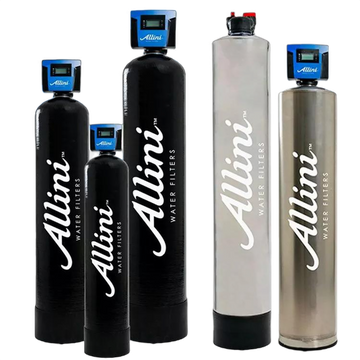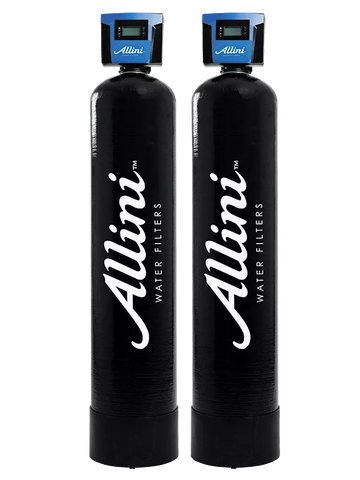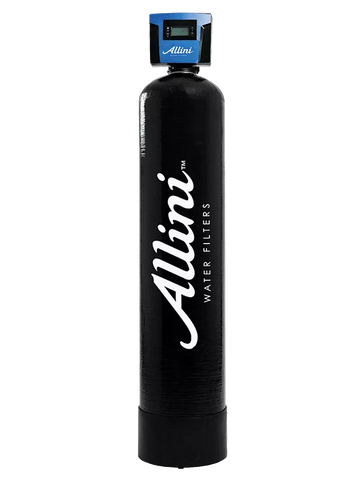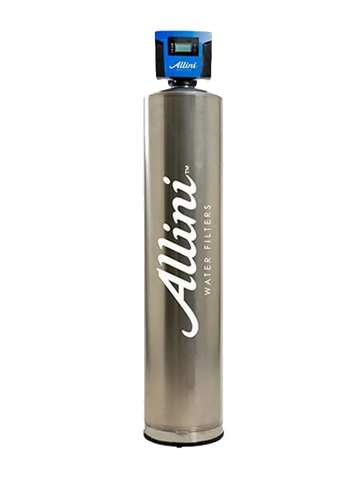Unraveling the Mysteries of PFAS - How They Affect Your Water and Family's Health
by Jenn Zappier on Nov 27, 2023
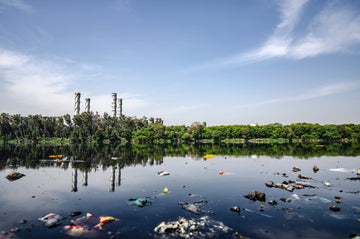
The Invisible Threat: Understanding PFAS
Let's dig into the basics: what PFAS are and how they may be affecting your clean water and your family's health. Understanding this invisible threat is crucial for making informed decisions about your household's safety.
What Are PFAS?
PFAS, or per- and polyfluoroalkyl substances, have become a significant concern in recent years due to their widespread presence in our environment. PFAS, often referred to as "forever chemicals," are a group of human-made substances used in a myriad of products, from non-stick cookware to firefighting foam. These synthetic chemicals have been linked to various health issues, making it crucial to understand their impact on water and, subsequently, our family's well-being.
PFAS and Water Pollution
The journey of PFAS into our water sources is multifaceted. From industrial discharges to the use of PFAS-containing products, these substances find their way into rivers, lakes, and even our drinking water. The alarming reality is that PFAS are now detected in water supplies globally, raising concerns about the extent of the contamination.
PFAS and Your Family's Well-Being
The impact of PFAS on families, especially children and pregnant women, is a cause for concern. Studies suggest that prenatal exposure to PFAS may lead to low birth weight and developmental delays. Unraveling the mysteries of PFAS involves recognizing their role in shaping the health and well-being of our families.

Mitigating the Risks of PFAS
Research has illuminated the potential health risks linked to PFAS exposure. These substances have been associated with adverse effects on the liver, immune system, and developmental issues in children. As we try to protect our families from harmful chemicals in our water, understanding that prevention with a quality water filter is your best defense.
Regulation of PFAS
Efforts to regulate PFAS are underway, but challenges persist. Current regulations vary, and enforcing uniform standards globally remains an ongoing challenge. As we navigate the regulatory landscape, it's crucial to address gaps in policies to effectively mitigate PFAS contamination.
Detecting PFAS in Your Water
Taking proactive steps to detect PFAS in your water is vital. Various testing methods are available, ranging from laboratory analyses to at-home testing kits. Regular monitoring of water quality ensures timely awareness of potential PFAS contamination. Schedule a FREE Water Testing with Allini Water Filters Today!Treatment and Removal Options
Addressing PFAS-contaminated water requires advanced treatment technologies. However, challenges arise in finding efficient methods for removing these persistent chemicals. The quest for viable solutions continues, with researchers and experts exploring innovative approaches. An Allini Whole Home Water Filter or under sink Series 600 water filter is your first line of defense to protect your family from PFAS.
Educating the Public with PFA Awareness Campaigns
Creating awareness about PFAS is fundamental. Public education initiatives play a pivotal role in empowering individuals to make informed choices and advocate for change. The more we unravel the mysteries of PFAS, the better equipped we are to address the challenges they pose.
FAQS
-
What are the immediate health risks of PFAS exposure?
- PFAS exposure has been linked to liver issues, immune system dysfunction, and developmental problems.
-
How can I test my water for PFAS?
- You can get a free water test by Allini Water Filters for PFAS and other toxic chemicals. Contact Us Today
-
Are there regulations specific to PFAS in my area?
- Regulations vary, and staying informed about local standards is crucial. Efforts are ongoing to establish more uniform regulations globally.
-
What are the challenges in finding PFAS-free alternatives?
- Developing alternatives that are both effective and environmentally friendly poses challenges, but ongoing research aims to address this issue.
-
How can communities come together to address PFAS contamination?
- Community engagement, advocacy for stricter regulations, and supporting research initiatives are key ways communities can address PFAS contamination.


